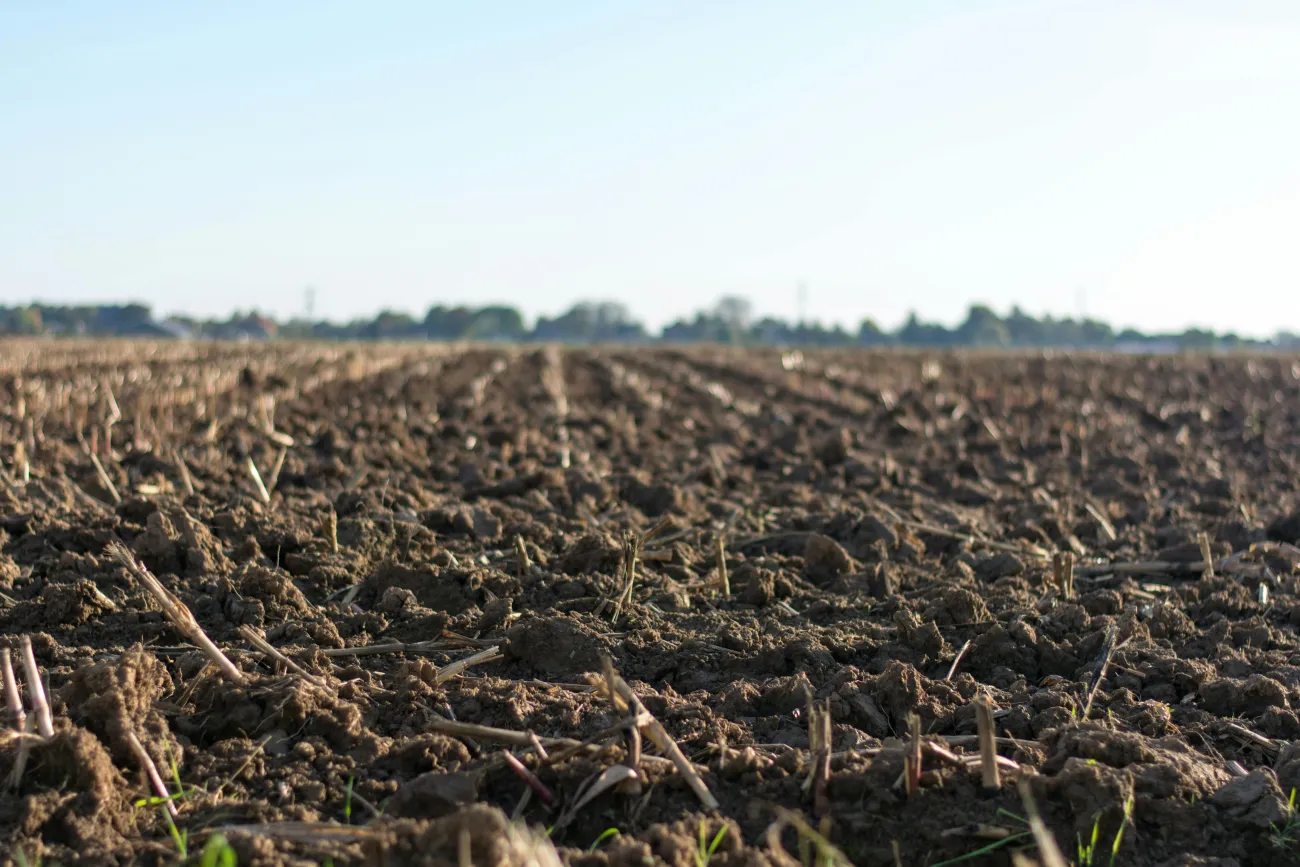This paper, produced by the International Food Policy Research Institute (IFPRI), explores the opportunities for climate change mitigation in the agricultural sector through the use of carbon markets. Carbon markets have not yet brought the technical potential for agricultural mitigation to fruition due to constraints on both the demand and supply side in terms of limited market opportunities and constraints to project implementation.

It discusses the many benefits of including agriculture in climate change mitigation efforts, as well as the barriers for its scale up in achieving progress. While developing countries do not bear the responsibility for the current climate trajectory, they need to be part of the solution, and therefore this paper explores the institutional framework for agricultural mitigation in four developing countries: Ghana, Morocco, Mozambique, and Vietnam.
Abstract
The agriculture sector has great potential to contribute to the mitigation of greenhouse gas emissions through changes in agricultural management and land use. However, the technical potential for agricultural mitigation has yet to translate into actual emission reductions due to considerable constraints to the generation of emission offsets through agricultural projects. These constraints include national and subnational policies and institutional structures as well as institutional and resource constraints at the local level, such as lack of knowledge, organizational capacity, and start-up finance. This paper explores the institutional barriers to agricultural mitigation in four developing countries: Ghana, Morocco, Mozambique, and Vietnam. The findings show that the institutional environment greatly influences the capacity to engage in agricultural mitigation activities. In particular, the centrally planned system in Vietnam provides little space for local, community-based organizations to act collectively around issues of mutual interest, making it difficult to engage numerous smallholders in agricultural mitigation projects. At the same time, government-led mitigation projects may be more feasible in Vietnam compared to the African case studies, where the governments lack well-defined and coordinated strategies and regulations to support mitigation. Governance of contractual obligations is also a challenge to agricultural mitigation. While several organizations in the case study countries have relevant experience for organizing smallholder farmers, most of these organizations lack technical expertise in carbon markets, have limited knowledge of strategies for agricultural mitigation, and lack resources needed for start-up and implementation of mitigation projects.
Citation as follows:
Bryan, E., A. De Pinto, C. Ringler, S. Asuming-Brempong, M. Bendaoud, L. Artur, N. Givá, D. T. Anh, N. N. Mai, K. Asenso-Okyere, D. B. Sarpong, K. El-Harizi, T. van Rheenen, and J. Ferguson.
Institutions for agricultural mitigation: Potential and challenges in four countries. CAPRi Working Paper No. 107. Washington, D.C.: International Food Policy Research Institute.
http://dx.doi.org/10.2499/CAPRiWP107.
For the report, click here.




Comments (0)